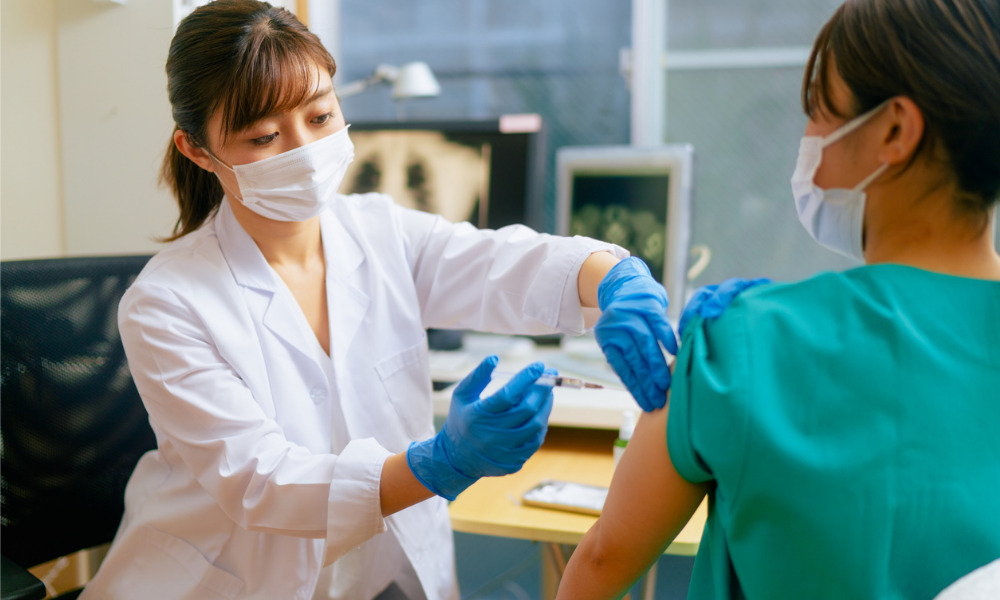
Employees have more questions than answers right now

Singapore is set to implement its Vaccinate or Regular Testing (VoRT) regime starting October 1, requiring employees in select sectors to be vaccinated or undergo regular testing to help ensure a safer workplace. In an updated advisory mandate in late August, the government said the following sectors should implement the VoRT regime;
Read more: Can you legally demote unvaccinated employees?
Last week, the Ministry of Manpower (MOM) also added the following sectors and their frontliners to the list;
According to the newest advisory, the VoRT regime will be applied every 14 days to frontline workers. Vaccinated frontline workers will need to undergo a baseline test of one Polymerase chain reaction (PCR) test, followed by one Antigen Rapid Tests (ART) on the seventh day, both of which will be shouldered by the government. Unvaccinated employees, however, will need one PCR test, and followed by an ART test on the third, seventh, and eleventh day. The additional tests on Day 7 and 11 will have to be shouldered by workers and employers.
The government will continue subsidising employers for the costs of baseline tests for vaccinated employees until December 31. The same rules apply for unvaccinated individuals with medical exemptions. However, employers are required to declare their medically exempt workers by September 26 to ensure their inclusion for the subsidised ART.
Read more: How to encourage vaccination take up rate?
In addition, employers are also required to send a staff member to get trained as a swab supervisor to ensure that ARTs are conducted properly. The training will also be subsidised by the Ministry of Health until the end of the year.
"We strongly urge all employers and dormitory operators to encourage your workers to get vaccinated to ensure a COVID-19 safe environment for everyone," MOM said in its advisory.